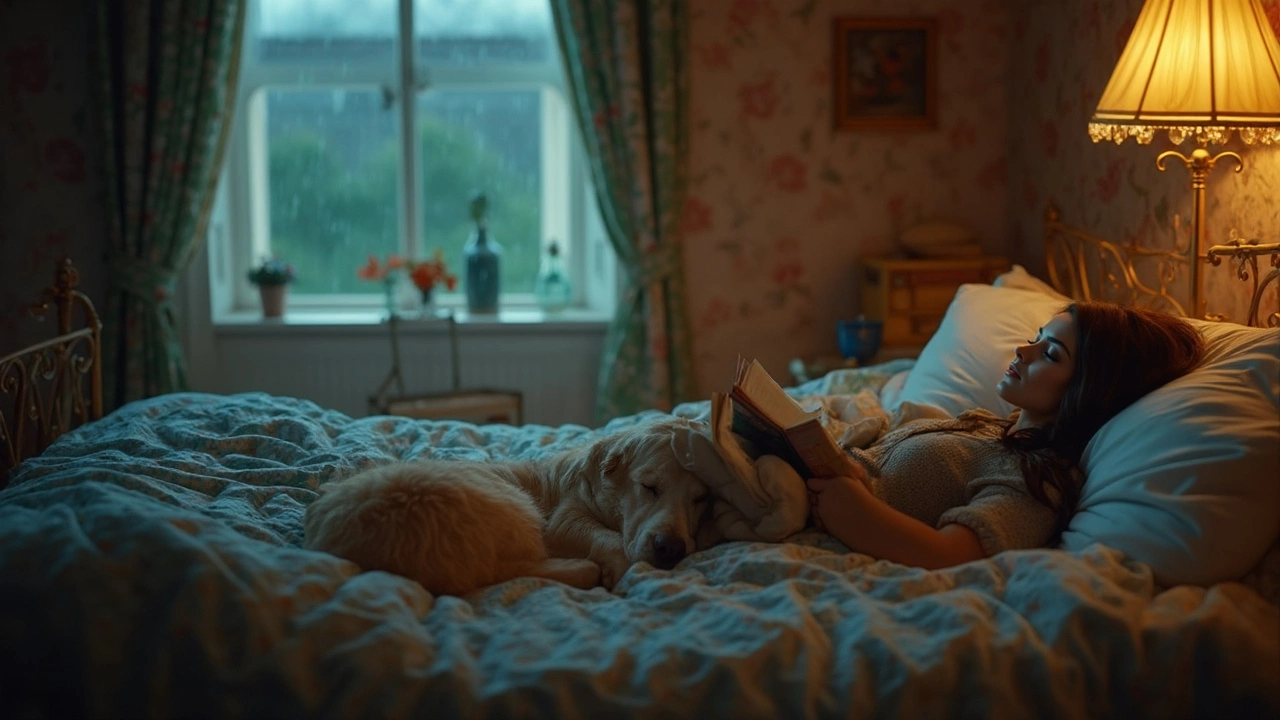Dog Sleep Habits: Simple Tips for a Restful Pup
Ever wonder why your dog is up at odd hours or seems restless at night? Dogs need good sleep just like us, and a solid routine can keep them healthy, happy, and less likely to develop behaviour problems. Let’s break down what you need to know.
Why Sleep Matters for Dogs
Sleep isn’t just downtime; it’s when a dog’s body repairs muscles, processes learning, and balances hormones. Puppies and senior dogs need more sleep than adult dogs because they’re either growing fast or recovering slower. Skipping proper rest can lead to irritability, slower healing, or even weight gain.
Tips for Better Dog Sleep
1. Set a consistent bedtime. Dogs thrive on routine. Try to put your dog down at the same time each night, even on weekends. A regular cue—like a short walk followed by a calm petting session—signals it’s time to wind down.
2. Choose a comfy, safe spot. A crate, dog bed, or a quiet corner works best. If you use a crate, consider covering it with a light blanket; this mimics a den and helps many dogs feel secure. Just make sure there’s enough ventilation.
3. Keep the environment cool and dark. Dogs sleep better in cooler temperatures (around 60‑70°F). Dim the lights or shut curtains to reduce visual stimulation. A white noise machine or a fan can drown out sudden sounds that might wake them.
4. Limit food and water before bed. Too much water can cause late‑night trips outside, breaking their sleep cycle. Offer the final meal at least a couple of hours before bedtime, and keep a fresh water bowl available but not right next to the sleeping area.
5. Exercise earlier in the evening. A good walk or play session burns off excess energy, making it easier for your dog to settle. Avoid high‑energy games right before bed; aim for a calm walk after dinner.
6. Watch for health signs. If your dog is whining, pacing, or having trouble staying asleep, it could be pain, anxiety, or a medical issue. Check for ear infections, arthritis, or digestive problems, and talk to your vet if the behaviour continues.
7. Consider age‑specific needs. Puppies often nap throughout the day and need a safe den for night sleep. Senior dogs might need an orthopedic bed or extra bedding to cushion joints. Adjust the sleeping surface accordingly.
8. Reduce separation anxiety. Some dogs get clingy and won’t settle if they feel alone. Gradually teach them to be comfortable in their sleeping area while you’re nearby, then slowly increase distance. A favorite blanket or toy can provide added comfort.
Putting these ideas into practice takes a little trial and error, but once you find a routine that works, you’ll notice a calmer dog and smoother mornings. Remember, a well‑rested pup is a happier, healthier companion.
- Morgan Ainsworth
- 0 Comments
Why Does a Dog Choose to Sleep With You? Dog Bed Secrets Revealed
Ever wonder why your dog picks your bed over theirs? This article looks at the real reasons your dog curls up next to you, from pack instincts to comfort. It covers how your behavior affects their choices, what it says about your bond, and when sharing a bed might not be the best idea. You'll also find tips to help your pup sleep better—no matter where they snooze. Get ready for practical advice and some surprising facts.
View More
